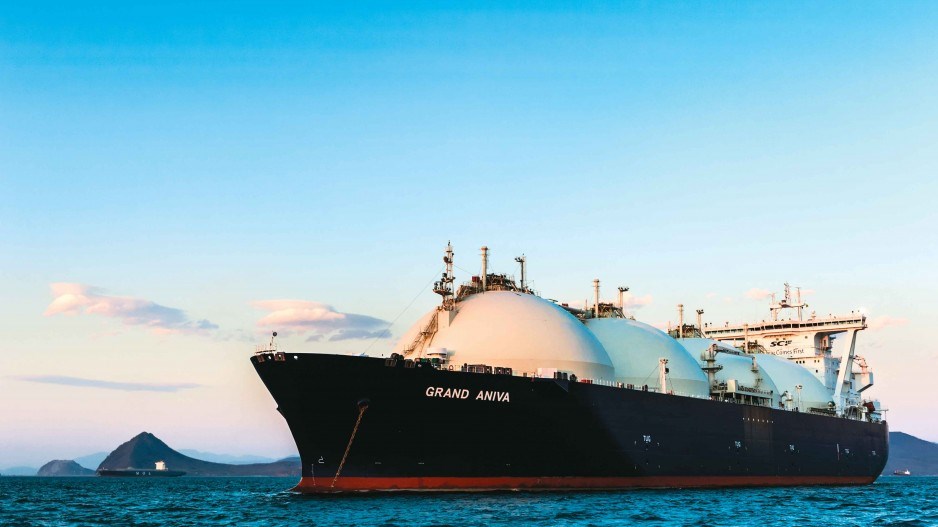Last year, when a final investment decision on the $40 billion LNG Canada project was made, Prime Minister Justin Trudeau hailed it “the single largest private sector investment in the history of Canada.”
But it’s a project that would probably never have been sanctioned, if it had to pass a new regulatory process under the Trudeau government’s planned revision of the Environmental Assessment Act.
That was the warning made by Doug Ford, a public consultation expert specializing in energy, Thursday May 23 on the final day of the three-day Canada Gas and LNG Exhibition and Conference.
A central theme from that talk was trust. Panelists, who are experts in public consultation and communications, said project proponents need to build trust with communities and First Nations, if they ever hope to get the social licence they need to develop big resource projects, panelists said.
“If you don’t have trust, you have nothing,” said Ford, president and CEO of Communica, a firm specializing in stakeholder engagement and consultation.
Those companies that succeed in getting buy-in, like LNG Canada, engage early with the communities they will operate in – well before the regulatory process starts -- and build trust and maintain relationships, Ford said.
“LNG Canada started their process back in about 2010,” he said. “And even in 2014, when they literally paused their project… they didn’t pause the communication and engagement. They were continuously meeting and informing.”
While building trust between proponents and the communities where they will operate in is critical, Ford added there also needs to be trust in the regulatory process.
Whatever trust a company may have built up with First Nations and other stakeholder communities can be badly damaged when projects stall or die in the regulatory process, leaving stakeholders who were promised benefits cynical about the industry.
“Trust is absolutely so important, but it’s also trust in the regulatory process," Ford said.
He said no company is going to make multi-billion investments if they have no trust in the regulatory process. That’s why he said he thinks the federal government’s Bill C-69 – which will overhaul the environmental regulatory process – is “one of the most pressing public policy debates we have in this country.”
“In its present form, it makes it exceptionally unlikely that you’re going to see some major project development occur, unless you see some modifications to it,” Ford warned. “So from a regulatory perspective, I cannot envision LNG Canada moving forward, had Bill C-69 been in its current form back in 2010.”
Even if the federal government rethinks the more troublesome elements of Bill C-69, and investment in Canada’s energy sector returns, the federal government also has a problem with its plan for energy in its international trade agreements: it doesn’t appear to have one.
Jean-Sebastien Rioux, associate professor of public policy at the University of Calgary, spoke earlier in the week at the conference about the “misalignment” he sees between Canada’s trade and energy policies.
“Canada’s trade policy is completely divorced from our energy policy,” he said.
Canada is the third largest hydro power producer, the fourth largest crude oil producer and fifth largest natural gas producer in the world, Rioux said. But it has a single customer for all of those commodities – the U.S.
Canada has been trying to diversity its trade, and has signed a number of trade agreements, like the Canada-Korea Free Trade Agreement and the Comprehensive and Progressive Agreement for Trans-Pacific Partnership (CPTPP).
South Korea is currently the second largest importer of liquefied natural gas, so one would expect to see some mention of it in the Canada-Korea Free Trade Agreement. But Rioux said he searched both agreements for any mention of energy, and said the only time the agreements mention oil is when they talk about canola or linseed oil.
“But oil, in the context of energy, or LNG or gas, is nowhere to be found in these trade agreements,” he said. “What is the point of signing trade deals if we’re not selling them the stuff that we have the most of?
“This is exactly what I mean by the fact that it is a missed opportunity, and our energy policies and trade policies are misaligned.”




